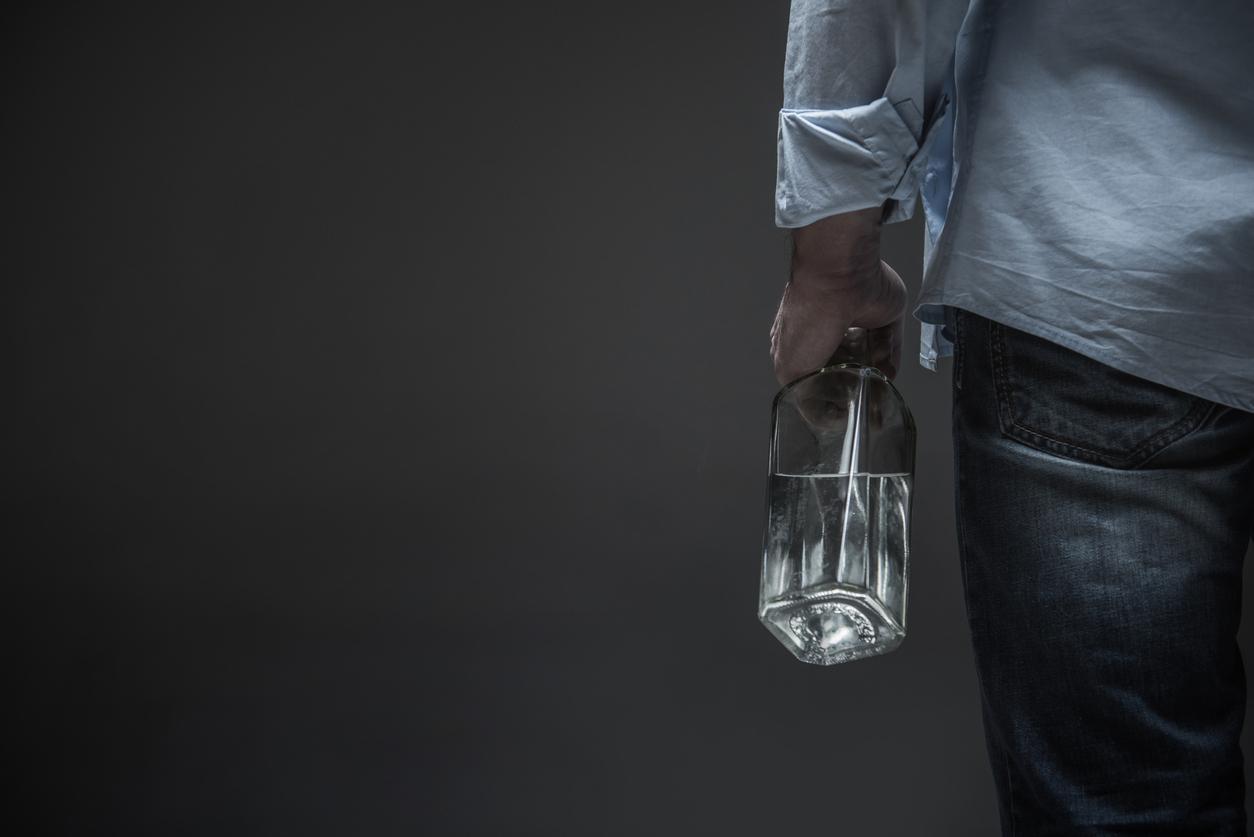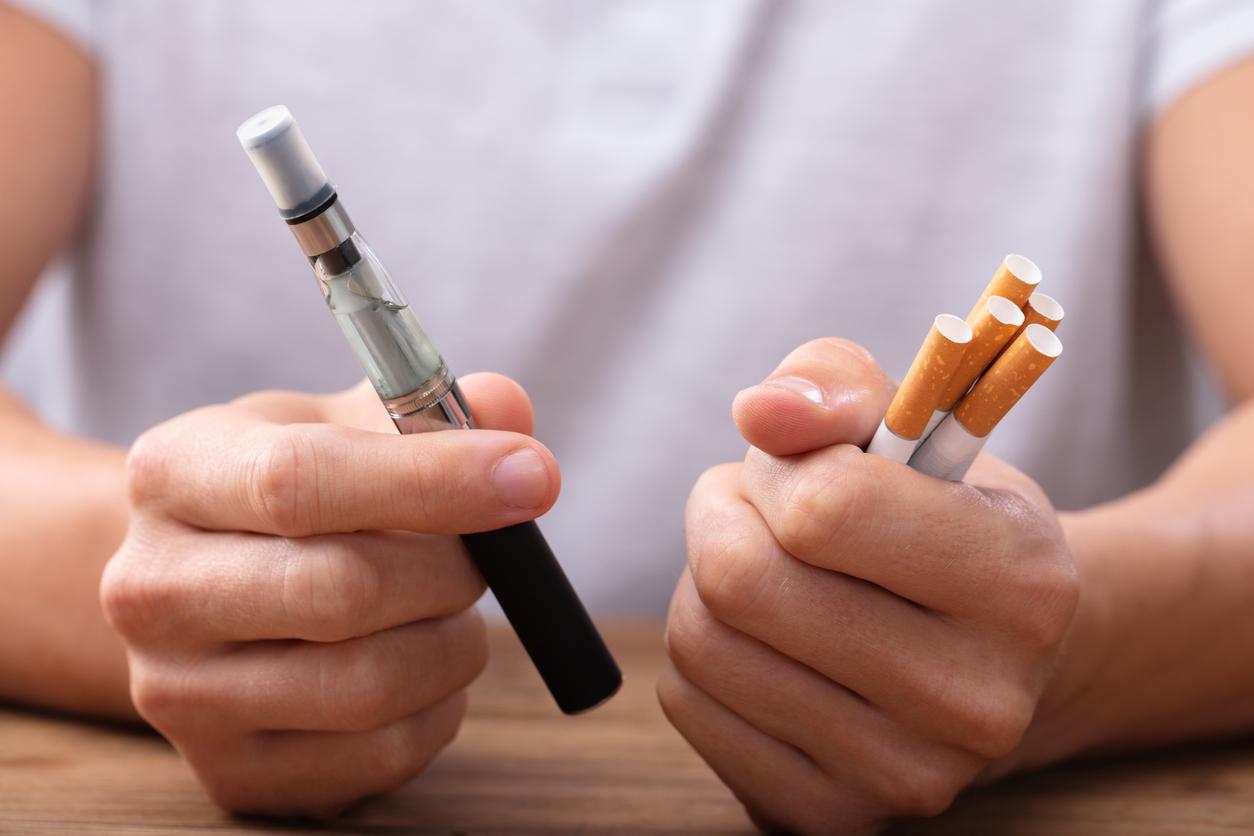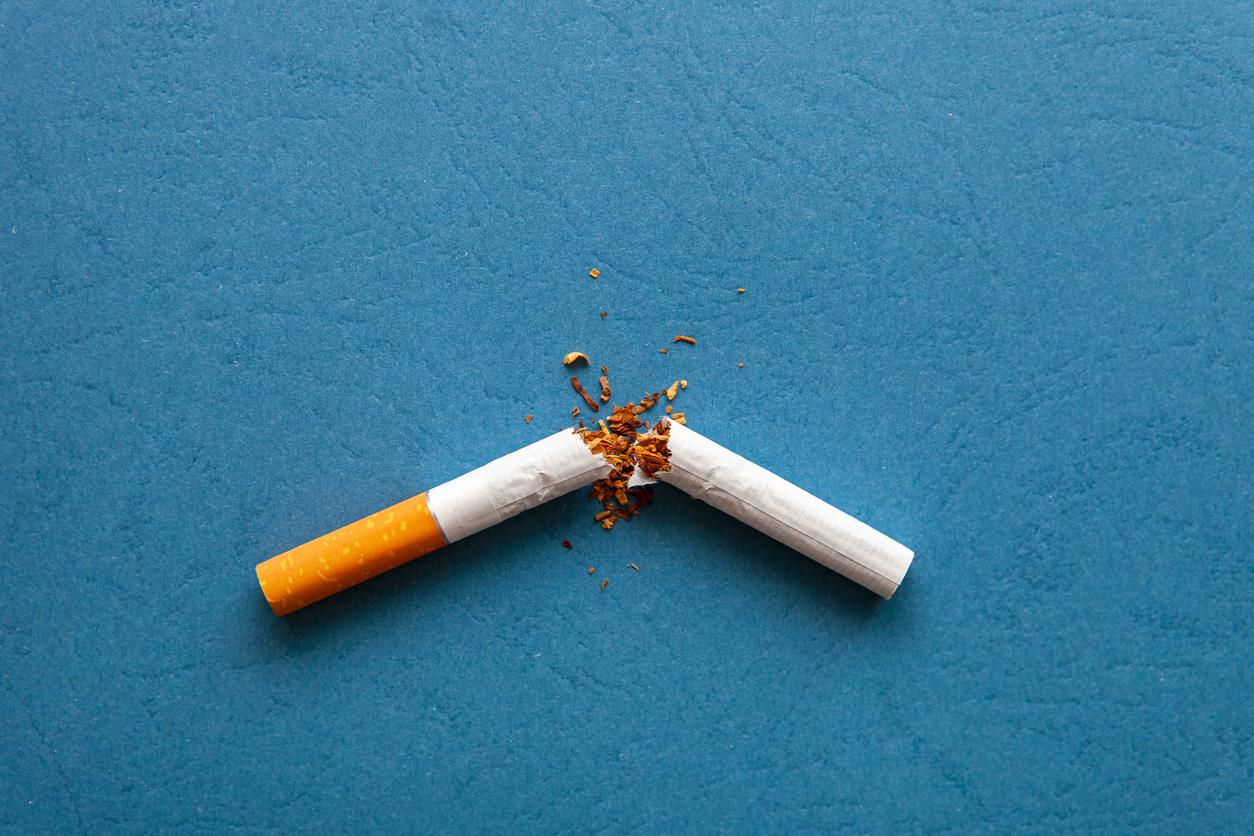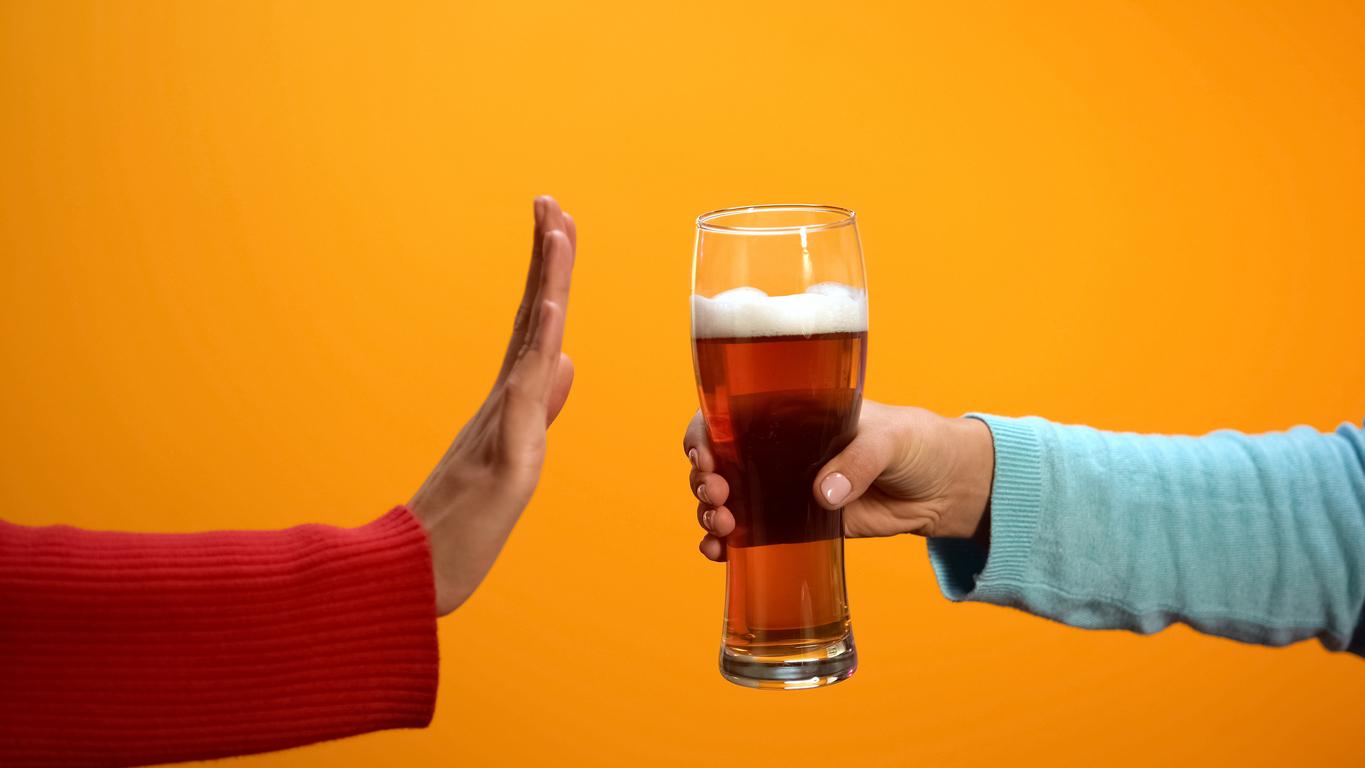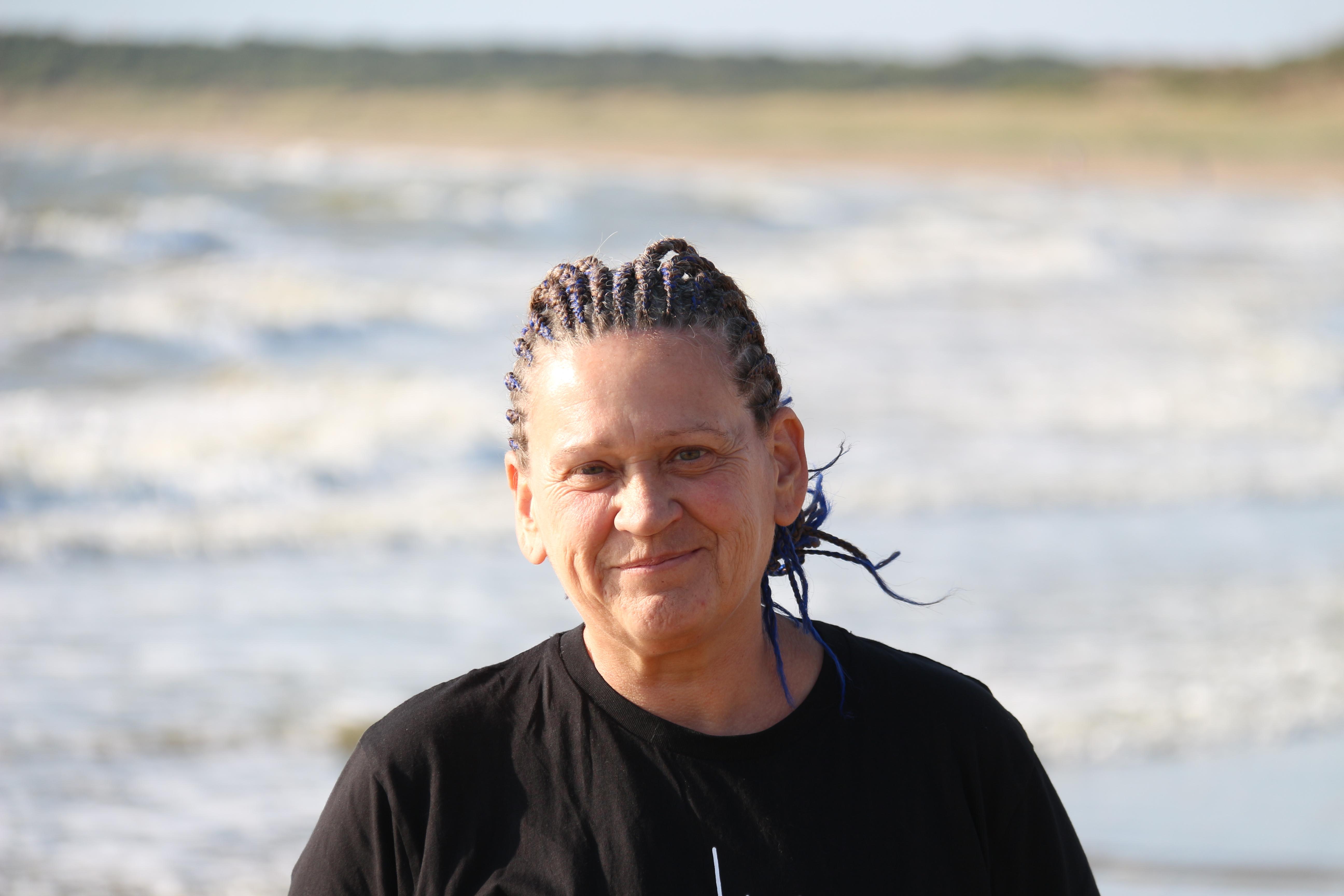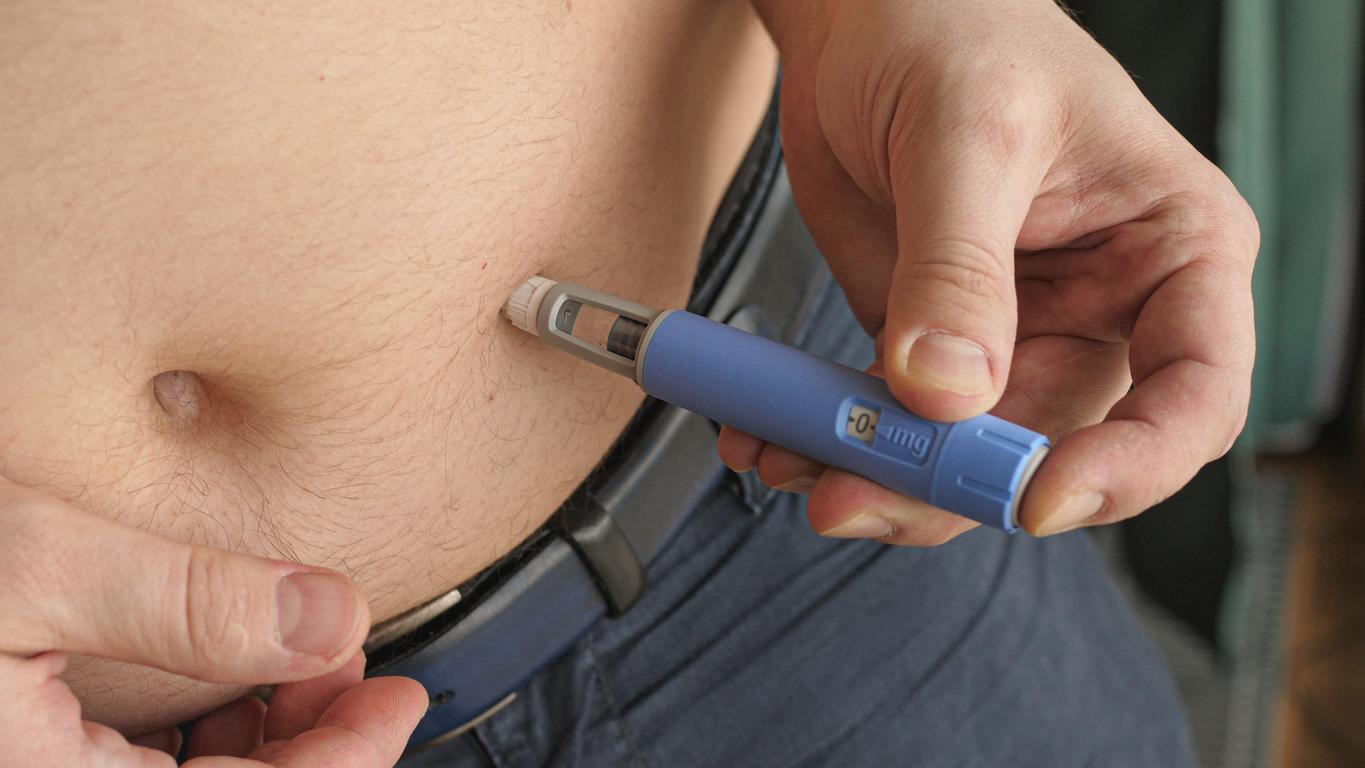Baclofen has just obtained marketing authorization from the French Medicines Agency (ANSM) for “the reduction of alcohol consumption”. A widely criticizable approach for Professor Jean-François Bergmann.

At the end of a saga of more than 10 years, baclofen has just obtained from the Medicines Agency (ANSM) its national marketing authorization (AMM) for “the reduction of alcohol consumption”. This is good news for the tens of thousands of patients who in France, and almost exclusively in France, now take baclofen to help them with alcohol withdrawal, but questions remain about the real benefit/risk ratio of this drug.
The story begins in 2004 with Olivier Ameisem’s testimonial book recounting his withdrawal from baclofen. Very quickly, patients, word of mouth, associations, social networks, general practitioners or activist addictologists take over and prescriptions become exponential. The crazy adventure can begin…
2014, first mistake
Faced with the influx of these off-label prescriptions at sometimes huge and uncontrolled doses, the Medicines Agency decides on a Temporary Recommendation for Use (RTU) aimed at controlling the use (need to register on a website, monitoring of doses and adverse effects).
But this rather exceptional procedure was very premature there because it should in principle only be applied when solid data suggest efficacy and therefore a near MA. However, none of this in 2014, and by “liberating” the RTU we sacrifice the essential controlled trials of efficacy versus placebo: which will include an alcoholic requesting withdrawal in a study with a placebo arm while the drug is freely available through the RTU? And who, even if the efficacy data appear disappointing, will have the courage to stop this RTU for lack of evidence when more than 100,000 patients take baclofen and feel better?
2016, second mistake
This is the year when finally data on efficacy and safety arrive. The framework of the RTU was not respected, the prescriptions are made indiscriminately, at sometimes delusional doses and appear the first worrying pharmacovigilance data showing excess mortality induced by high-dose baclofen.
But worse, the long-awaited efficacy data are more disturbing than reassuring: a study conducted among hospital specialists (ALPADIR) is totally negative (no difference in efficacy compared to the placebo), the other in community medicine ( BACLOVILLE), carried out sluggishly while the RTU was in full swing, badly designed, badly conducted, full of missing data, difficult to analyze statistically, led to three radically divergent conclusions that were “confusing” to say the least! This clinical development has been miserable…
2018, third mistake
Despite the absence of solid evidence, and following exceptional evaluation procedures, the ANSM granted full and complete national marketing authorization to baclofen, although all the studies were negative except for this very questionable BACLOVILLE trial judged by the director of the ANSM itself as “totally insufficient”!
The reasons for this decision are well explained and easily understood: alcohol dependence is a serious public health problem causing more than 50,000 deaths per year in France and for which therapeutic options are very rare and ineffective… so let’s take the risk of giving marketing authorization to a product of more than questionable efficacy rather than depriving ourselves of a “fashionable” therapeutic option.
deleterious consequences
For patients taking baclofen and finding themselves improved, this treatment is now legitimized and therefore recognized. For them, it’s a step forward. But you have to know how to see the consequences of this decision:
It deals a severe blow to the scientific rigor of the MA which for 25 years, both at national and European level, has championed objective and substantiated measurement of the efficacy/tolerance ratio. In the case of baclofen, nothing consistent in terms of efficacy and serious concerns in terms of safety.
Above all, it now makes it impossible to carry out randomized controlled trials versus placebo, correctly constructed, carried out and analysed, in France. Physicians prescribing baclofen, like the patients requesting this medicine, so mediatised, will refuse the therapeutic uncertainty of the comparative trial. At most, we can make registers, follow up cohorts, but these studies only provide information on the proper use of the drug and its tolerance profile and do not allow the real clinical efficacy to be assessed.
There remains the hope that these double-blind studies versus placebo can be carried out in other countries less pre-conditioned with baclofen, but to date no one has volunteered and it will be necessary to ensure that the possible candidates are serious so as not to not repeat the same methodological errors as in 2016.
In the meantime (and we may have to wait a long time), here we are with our national baclofen. Let us pray that serious pharmacovigilance problems do not appear… But let’s not dream, in terms of effectiveness, if other controlled trials do not see the light of day, we will never know the real effectiveness of this very widely prescribed drug. Some are happy with it, not me!
Professor Jean-Francois Bergmann
Department of Internal Medicine,
Lariboisière Hospital, 75010 Paris
.







